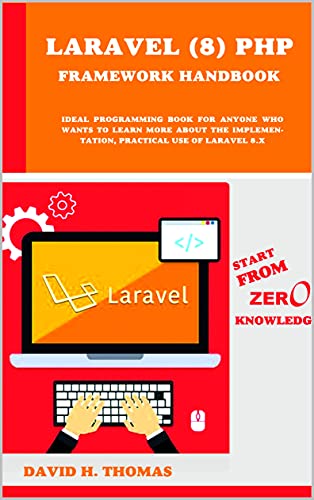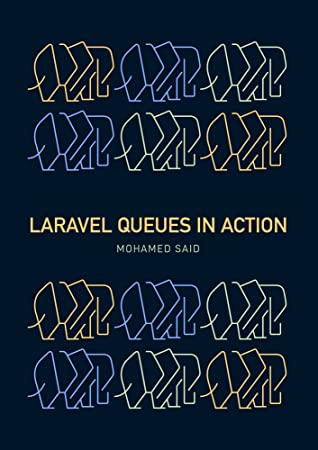
Perusers react to an article about understanding quantum hypothesis and characterizing the laws of material science
Your article on quantum physical science (30 August) begins with a statement from Richard Feynman – "no one comprehends quantum mechanics" – and afterward says "that is as of now false".
One of us (Norman Dombey) was shown quantum hypothesis by Feynman at Caltech; the other (John Charap) was educated by Paul Dirac at Cambridge. Quantum hypothesis was formulated by a few physicists including Dirac, Erwin Schrödinger and Werner Heisenberg during the 1920s and 1930s, and Dirac made their work relativistic.
It is silly to say that quantum mechanics is currently perceived while it was not 50 years prior. There have obviously been progresses in our comprehension of quantum wonders, however the reasonable structure of quantum physical science stays as it was.
The models you give of atomic plants, clinical sweeps and lasers include direct utilizations of quantum mechanics that were perceived 50 years prior.
The serious step forward in the comprehension of quantum physical science in this period is a hypothesis of John Bell from Cern, which expresses that quantum physical science can't be neighborhood – in other words that it licenses marvels to be associated at discretionarily enormous good ways from one another.
This has now been shown tentatively and prompts what is known as quantum ensnarement, which is significant in the advancement of quantum PCs. In any case, even these thoughts were talked about by Albert Einstein and collaborators in 1935.
The article proceeds to say that "subatomic particles don't travel a way that can be plotted". In case that were all in all, how might protons go at the Large Hadron Collider at Cern and hit their objective so that investigations can be performed?
We concur with Phillip Ball, who wrote in Physics World that "quantum mechanics is still, a century after it was considered, making us scratch our heads". There are numerous theoretical proposition in dispute yet none have agreement support.
John Charap Emeritus teacher of hypothetical physical science, Queen Mary University of London; Norman Dombey Emeritus educator of hypothetical physical science, University of Sussex
Whoever composed this article fail to see what Richard Feynman implied when he said that no one truly comprehends quantum mechanics.
Having the option to make a cell phone, an atomic weapon or a MRI machine doesn't need understanding quantum mechanics in the sense he implied – it requires the actual cleaves to set up the situations and the numerical slashes to discover or surmised answers for them. Any capable physicist has had the option to do those estimations for somewhere around 50 years.
What Feynman implied was that, for quantum mechanics, no one has the sort of instinctive comprehension of what is really occurring on the planet that physicists look to acquire. The best anyone can hope for at this point is to quiet down and ascertain, or lose all sense of direction in a never-never place where there is contending however exactly identical understandings.
Maybe Carlo Rovelli's social translation of quantum mechanics gives the natural arrangement we'd prefer to have, despite the fact that I rather question it, and I don't trust Rovelli claims it does. Maybe it even makes testable expectations that could separate it from different understandings and along these lines is science instead of reasoning (I have no issue with theory).
Today is similarly however obvious as it seemed to be when Feynman said it in 1964 that no one (or nearly no one) truly comprehends quantum mechanics. Also, presently, as then, at that point, a skillful physicist needn't bother with the sort of understanding Feynman intended to utilize the hypothesis.
Without a doubt, there's no solid motivation to accept that the human brain ought to be prepared to comprehend it by any means. To cite another popular physicist: this publication isn't off-base.
Tim Bradshaw
North Tawton, Devon
North Tawton, Devon
While it's exceptionally plausible that the situation of my duplicate of Helgoland is the place where I racked it, I will not know whether its pages are printed or clear until I get round to understanding it. In any case, from Prof Rovelli's past work, I concur "the key truth is that it's difficult to have a deep understanding of the world", including whether this letter will be distributed and in what world.
Harold Mozley
York
York
Given your article on quantum material science, is the strapline now "realities are generally holy" or "realities are hallowed however relative"?
Simon Taylor
Warwick, Warwickshire
Warwick, Warwickshire








